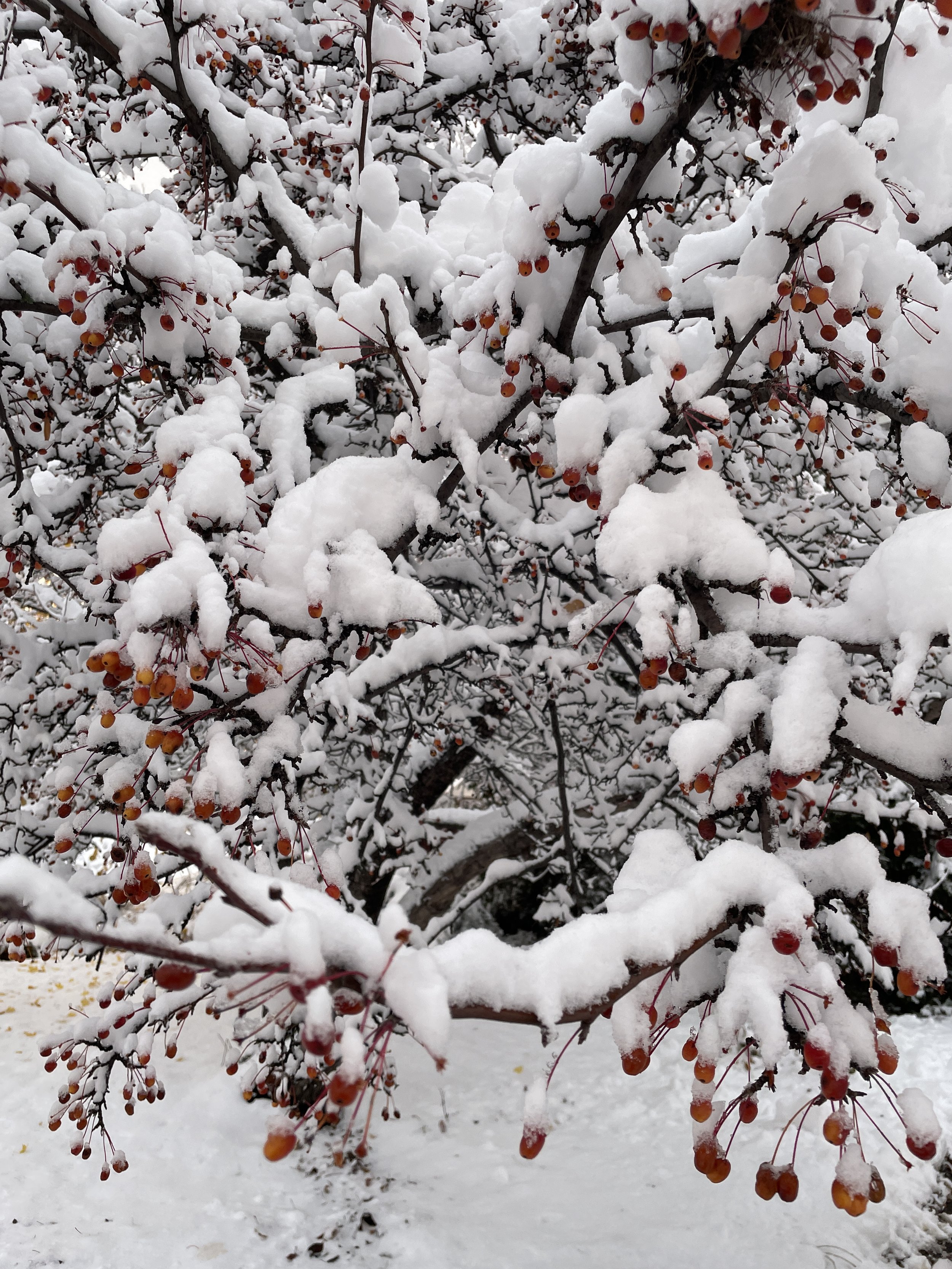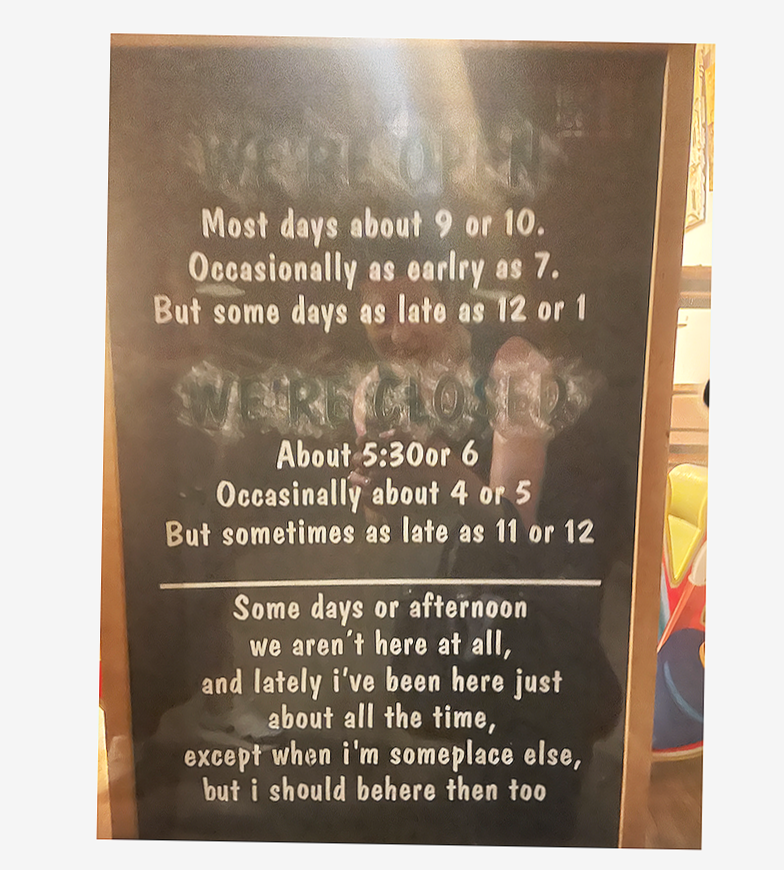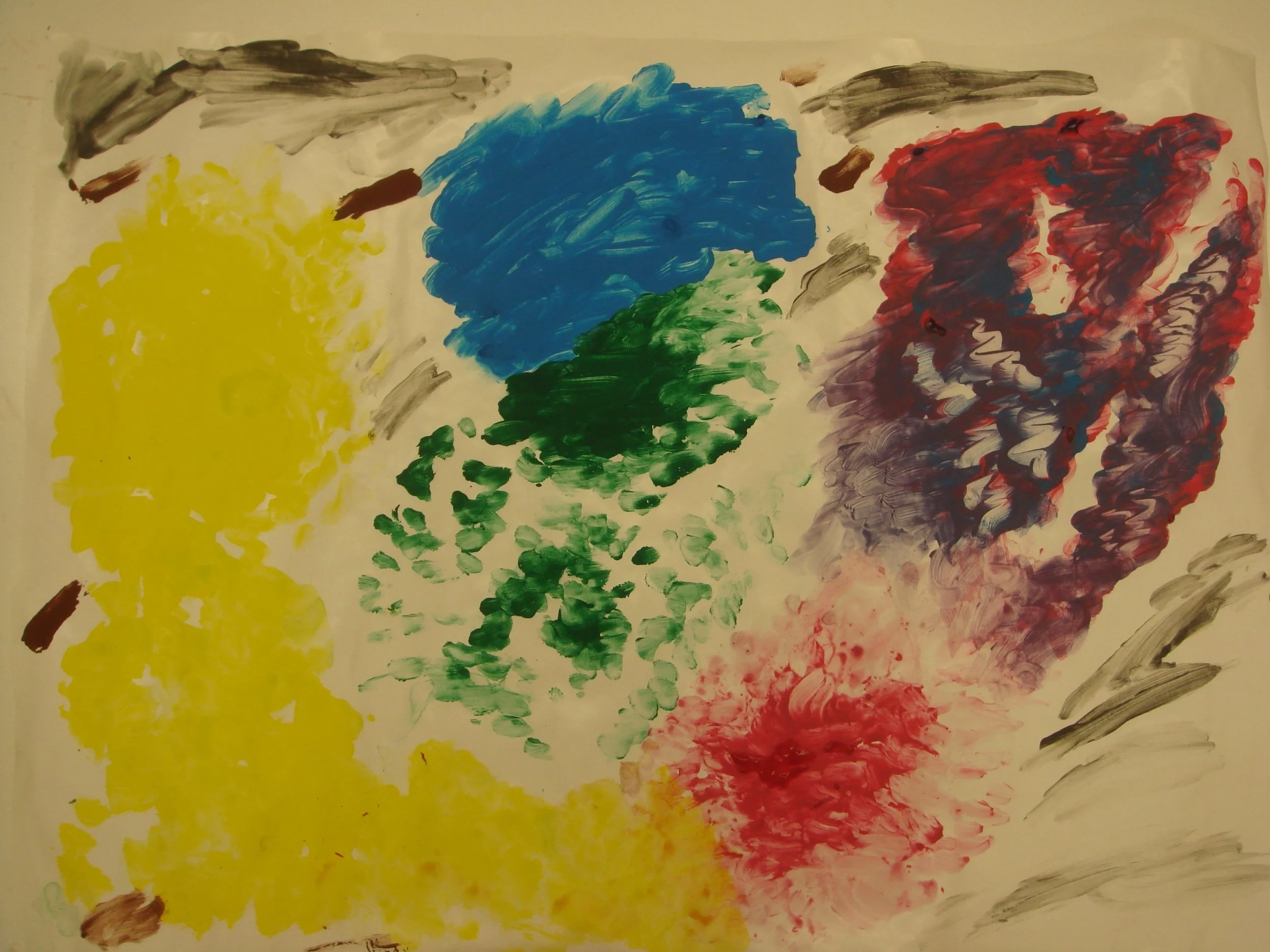Stories through a kaleidoscope
قصص من خلال المشكال
Qisas min khilal elmishkal
Western therapies have histories rooted in eugenics, hegemonic normativity, and colonialism. As agents of the state, mental health professionals are given the power to mark who is deviant, surveil disobedience, gatekeep access to material resources, and legitimize or discredit how one narrativizes their experience. These are therapies born of the cult/ure of the cognitive, rational, bounded individual that would keep the gaze on autonomous brains, feelings, and behaviors rather than whole lived bodies intertwined in communities, histories, and ecology. Social suffering is documented as a failure or deficit of a presumed unitary ‘self’, while relegating transgenerational dispossession, systemic discrimination, and oppressive ideologies to footnotes.
In therapy, the stories we elicit from each other, listen for, are - or are not - able to hear; the stories we situate ourselves in: they are fragments that reveal truths, hint at realities of lives lived at multiple levels. They are not static, these stories. We experience them viscerally and shape them to (in)coherently reveal clichés, doom, victimhood, joy, complexity, desire... Stories reveal what we believe we do or don’t have a right to or have been robbed of, how we might live a viable life. In Arabic, the root of story (قصة / qisa) comes from قص / qus, to clip or cut. A snip/pet. A clip. A piece. A shard of the possible whole through which truth (حقيقة / haqiqa) can be (mis)perceived, a reality (في الحق / fi al-haq), which matters for one’s (or a community’s) rights (حق / haq).
One story/experience can be told in a kaleidoscope of ways and heard from a myriad of theories, bodily responses and sociocultural horizons. Decolonizing a therapeutic practice is an ongoing commitment requiring reflexivity and the cultivation of the capacity to breathe in ideological waters that would drown the marginalized if we did not know we were underwater, pulled by undertows not always within our consciousnesses and certainly without our consent. Relational ethics must come before methods, theories, and ways of knowing. Therapeutic approaches need to be at the service of a moral landscape that doesn’t just grapple with violence; we need to also imagine and cocreate possibilities. Ways of being beyond subjugation, domination, and resistance. To explore life beyond the binary of oppressor/oppressed, therapist/patient, traumatized/resilient, etc...
These essays are snippets, stories, reflexive memos that queer my therapist’s gaze. These stories are sacred threads, woven into a pattern that has yet to be framed or bounded. Written with respect for opacity, mystery, and ultimate unknowability of whole and interconnected experiences. Without appropriation by theoretical categories. Writing outside of the realm of scientific or publication requirements helps me find the contours of the internalized colonial borders in my mind, to question and dismantle them. The phrases will not always be coherent, nor do they have to be. Narrative linearity is an imposition. Brutality disorganizes and breaks us open as well as shuts us down. The ancient oral traditions of Arabs are characterized by a mise-en-abyme structure, creating a double-mirroring effect. Characters in the story tell their stories, the stories of others, the story of how the story came to be, and so on, a non-linear spiralled telling. An intertwined story-making. I honour my ancestors, my father, the hakawatis in my family and Indigenous kin around me, by claiming my voice in/for a practice made visible for shared learning, questioning, and relational accountability.
*** The people I work with challenge and transform me. Their words are interwoven with mine, and are bold-italicized in the essays below [scroll down past the references for more!]. These are shared without any identifying context, as sparks that raised questions and widened my horizons. In addition to consent provided in research, there is an overarching consent found in the therapy agreement, unless I have been asked not to share a person’s words. All images are my own or consented for sharing***
Relevant Sources
Ahmed, S. (2006). Queer Phenomenology/ Orientations, Objects, Others. Duke University Press.
Feyerabend, P. (1975/2010). Against Method: Outline of an Anarchistic Theory of Knowledge. 4th ed., New York, NY: Verso Books.
Gebhard, A., McLean, S. & St Denis, V. (2022). White Benevolence. Racism and Colonial Violence in the Helping Professions. Fernwood Publishing.
Geesaman Rabke, E. (May 27, 208). The Light Longs for the Dark: A Conversation with Bayo Akómoláfé. Embodiment Matters Podcast.
Jackson, M. (2002). Politics of storytelling: Violence, transgression and intersubjectivity. Museum Tusculanum Press.
Kirmayer, L. J. (2000). Broken narratives: Clinical encounters and the poetics of illness experience. In C. Mattingly & L. Garro (Eds.), Narrative and the cultural construction of illness and healing (pp. 153–180). University of California Press.
Kleinman, A. (2006). What really matters. Living a moral life amidst uncertainty and danger. Oxford University Press.
Mattingly, C. (1998). Healing dramas and clinical plots: The narrative structure of experience. Cambridge University Press.
Padrón, C. (March 7th, 2025). The oppressed. Centre for Critical and Clinical Analysis [Essays].
Shaheen – Hussein, S. (2020). Fighting for A Hand to Hold. Confronting Medical Colonialism against Indigenous Children in Canada. McGill-Queen's University Press.
Sheehi, L. & Sheehi, S. (2022). Psychoanalysis Under Occupation Practicing Resistance in Palestine. Routledge.
Smith, L.T. (1999). Decolonizing Methodologies: Research and Indigenous Peoples. Zed Books.
Wilson, S. (2008). Research Is Ceremony. Indigenous Research Methods. Fernwood Publishing.
Zafran, H. (2021). Echopoetics and unbelonging: Making sense of reconciliation in academia. Transcultural Psychiatry, 60(5), 866-876 [Special Issue: Cultural poetics of healing].
Zafran, H. (2025). (Im)possibilities: the occupation of storytelling injustice. Journal of Occupational Science, 1-17

Becoming found in a story
I reread the first few lines: I have written ‘quiet’ eight times. I edit. I wonder why that word, when speaking of storying.
Image: Snow in November on Turtle Island.

(Un)burying Time(s)
Imperial time begins with victorious conquest, valiant efforts against enemies, and establishment of the metropole. Magisterial time strides outwards towards more colonies and the taken-for-granted eternal progress of empire. Colonial time begins with discovery, or subjugation and control, insidious saviorism and brutal assimilation.
Image selected by the Center for Critical and Clinical Analysis


I only wept for the olive trees
I watched the first Intifada on TV, sitting on my father’s lap. I felt the tanks roll over my limbs. I didn’t cry.
Image: Deir el-Qalaa, Beit Mery, Lebanon. Ancient Temple to Juno (1rst Century AD).

Fugue in see minor
It keens against my porosity
That crater around you that…
Image: Fingerpaint consented for use by research participant.
